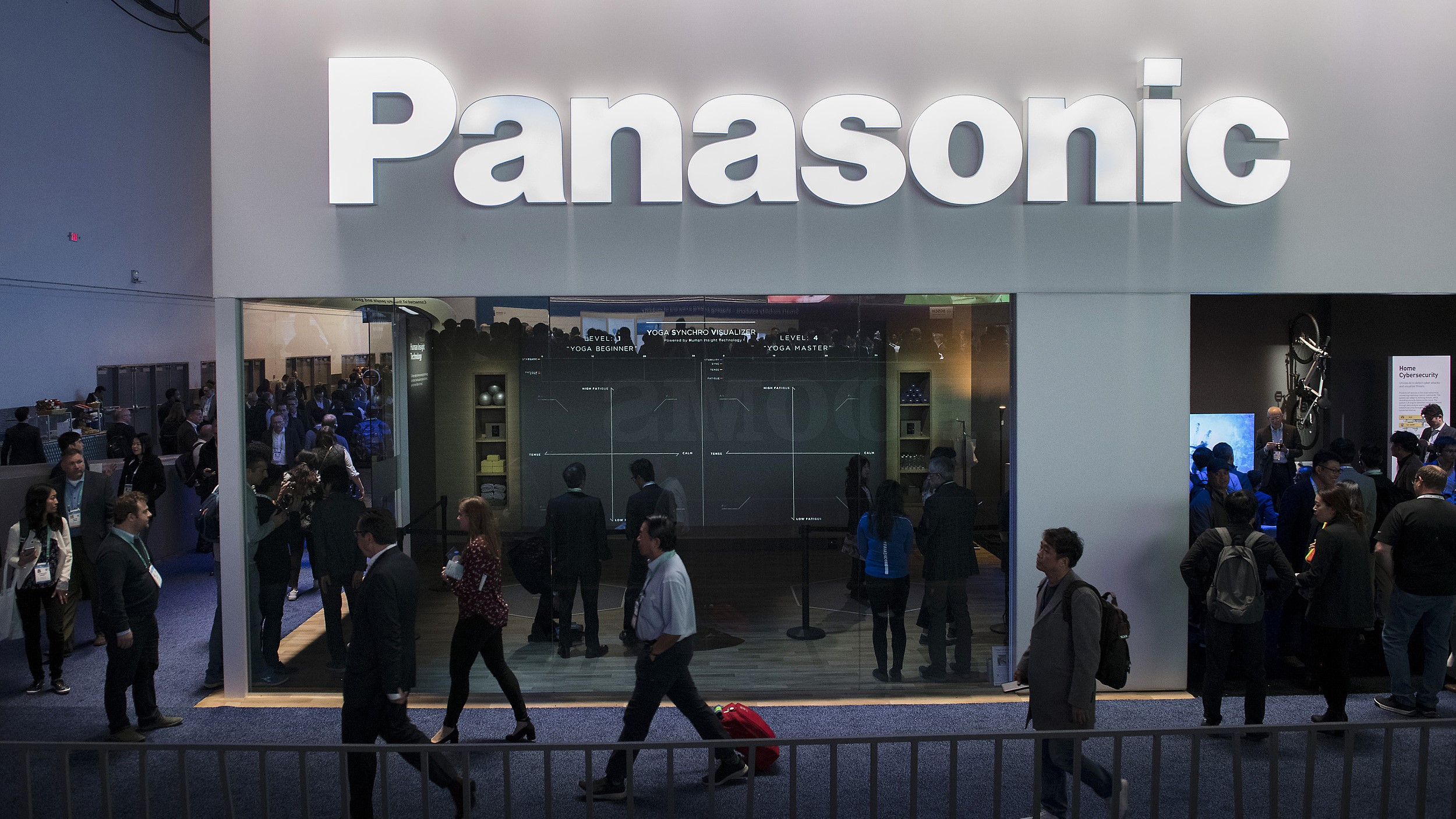Tesla Inc shares and those of its Asian battery suppliers rallied sharply after Panasonic Corp said its automotive battery venture with Tesla was in the black for the first time.
Tesla itself soared 20 percent on Monday in its largest one-day gain since 2013, building on a surge in its stock after the company posted its second consecutive quarterly profit last week and said it would comfortably make more than half a million vehicles this year.
The stock is up over 300 percent since early June, helped by Tesla's better-than-expected financial results and ramped up production at its new car factory in Shanghai.

Attendees walk past the Panasonic Corp. booth during CES 2020 in Las Vegas, Nevada, U.S., January. 8, 2020. /VCG Photo
Attendees walk past the Panasonic Corp. booth during CES 2020 in Las Vegas, Nevada, U.S., January. 8, 2020. /VCG Photo
The Tuesday rally added roughly 9 billion U.S. dollars to Tesla's Asian battery supply chain on Tuesday, vindicating Tesla Chief Executive Elon Musk's bet on the electric vehicle (EV) industry which was embraced much later by established automakers such as General Motors Co.
"Investors are now starting to believe that Tesla can make mass-volume electric vehicles, and automakers, battery makers and suppliers can make money from EVs," said analyst Cho Hyun-ryul, at Samsung Securities.
Panasonic shares closed up 10 percent on Tuesday as the Japanese conglomerate said it was expanding production to keep pace with demand from Tesla, indicating the U.S. company was finally getting ahead of battery production bottlenecks it flagged last April. The daily percentage gain was the stock's biggest in about four years.
Shares rose by 10 percent in both South Korea's LG Chem Ltd and China's CATL, both of which signed battery-making deals with Tesla last week, ending the automaker's exclusive partnership with Panasonic.
Panasonic said operating profit for the October-December quarter rose 3 percent to 100.4 billion yen (915 million U.S. dollars), beating analysts' estimates by 49 percent, thanks to the improvement at the Tesla battery business as well as cost cuts.
Panasonic said on Monday it expects to stabilize profit at Tesla's Gigafactory by next year, and that there is a lot of room to improve production efficiency for what is an EV's most expensive component, accounting for about a third of total cost.
(With input from Reuters)